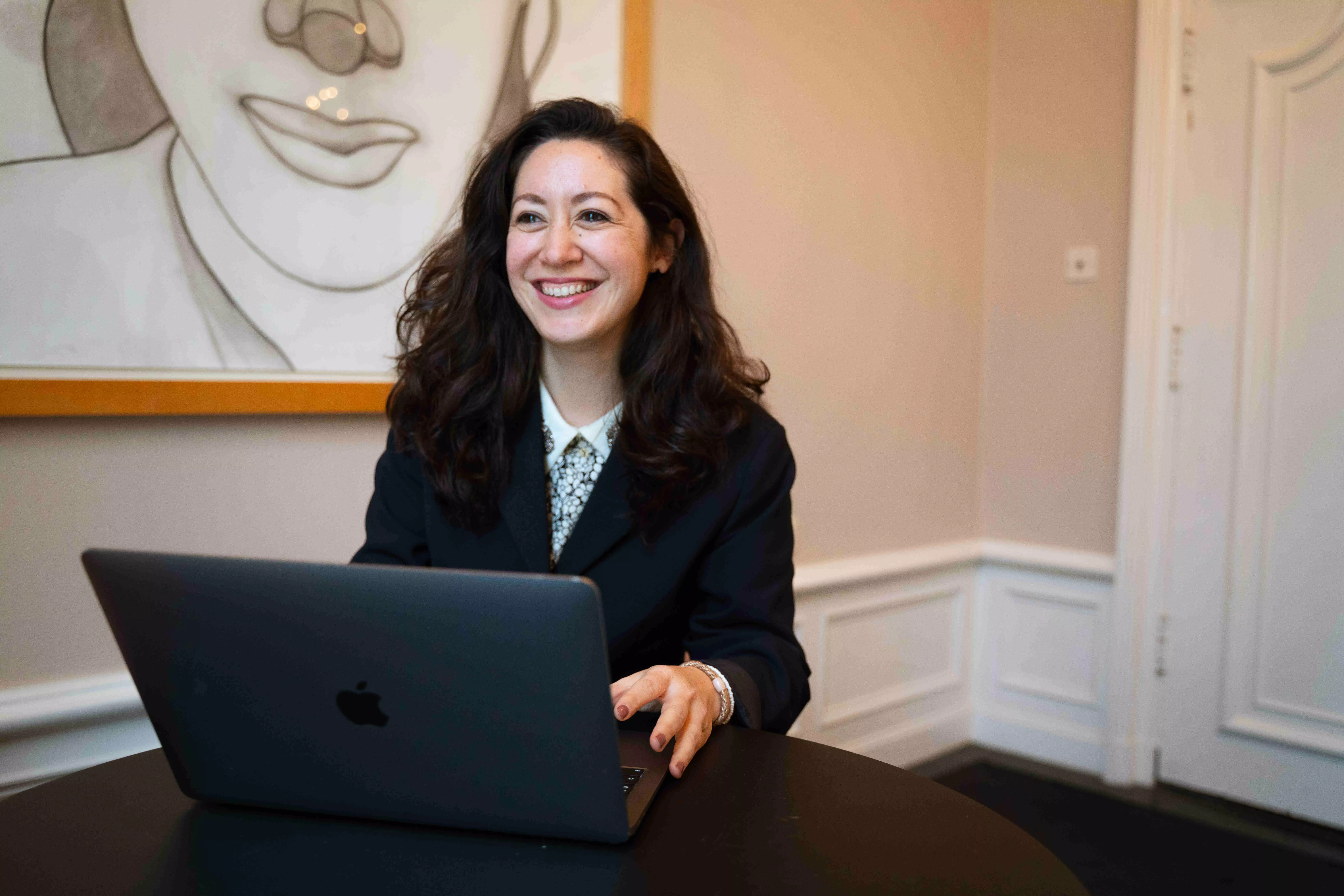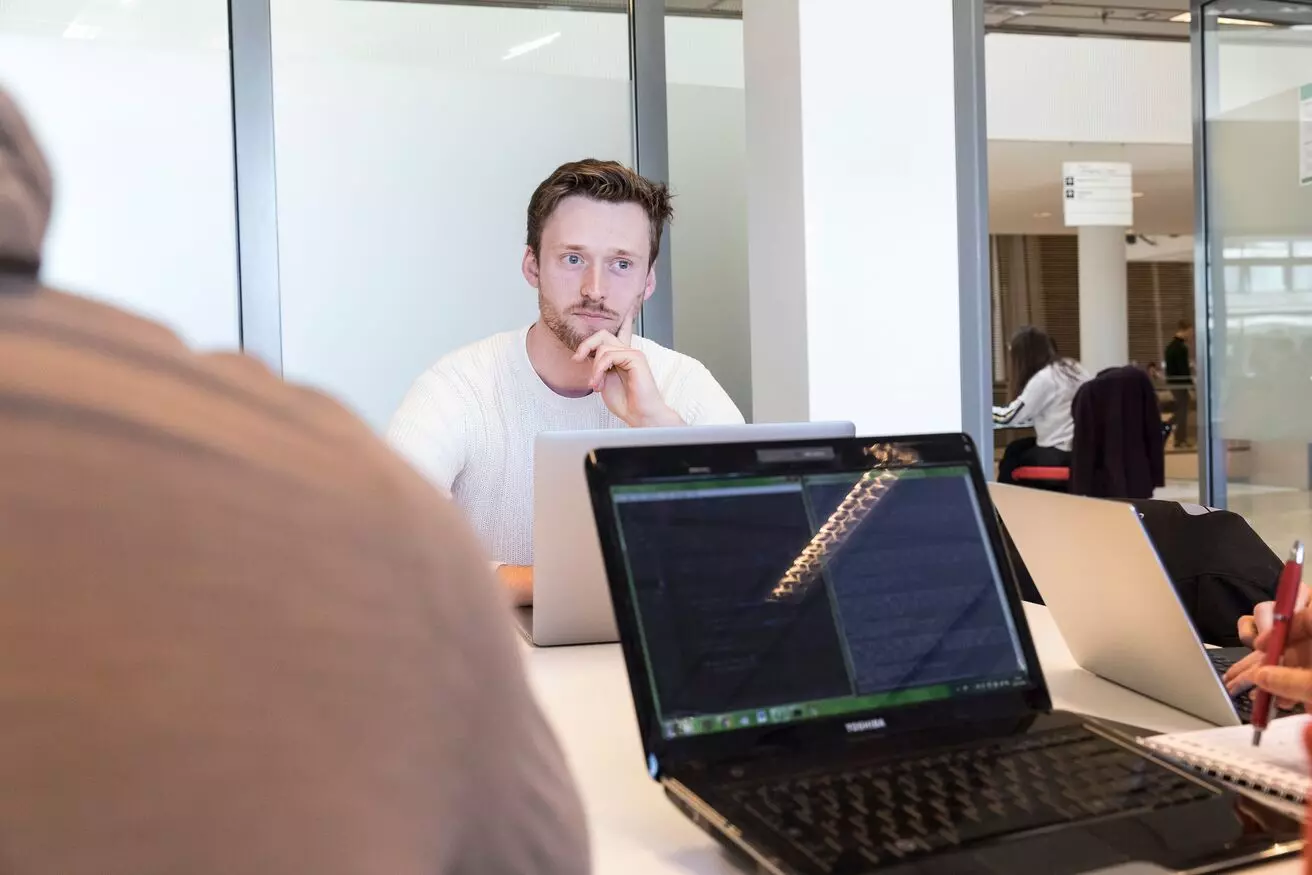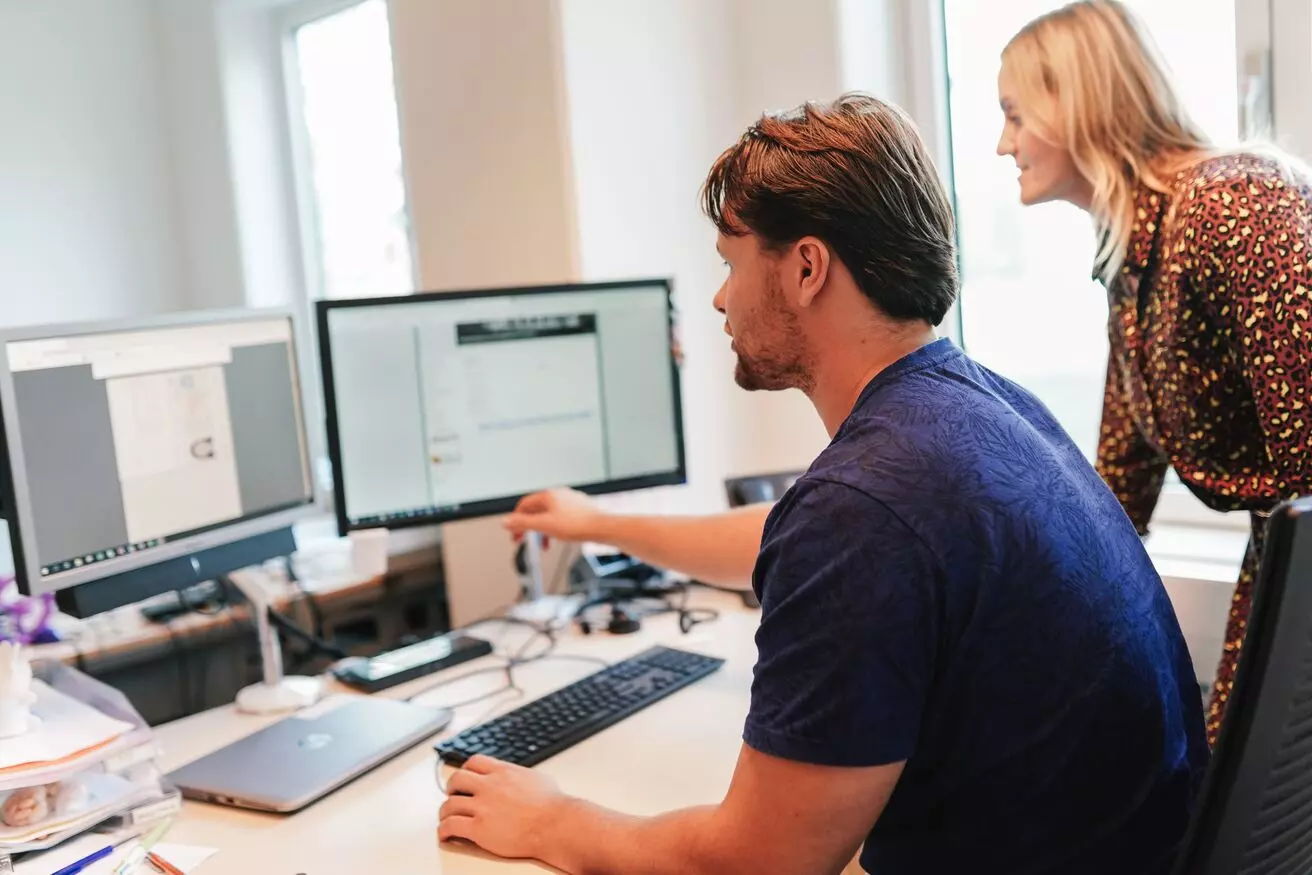This website uses cookies
We, and third parties, use cookies on our website. We use cookies to ensure that our website functions properly, to store your preferences, to gain insight into visitor behavior, but also for marketing and social media purposes (showing personalized advertisements). By clicking 'Accept', you agree to the use of all cookies. In our Cookie Statement. you can read more about the cookies we use and save or change your preferences. By clicking 'Refuse' you only agree to the use of functional cookies.
Not found

More vacancies

Spotlight
Dean PPLE College (internal vacancy)
- Amsterdam Law School
- €7.403 - €10.441
- PhD
- Closes on15-12-2025
Do you believe education can change society? Do you thrive on collaboration across disciplines? Do you enjoy working with ambitious and critical students and colleagues in a dynamic, team-oriented environment? If so, consider applying for the position of Dean of PPLE College at the University of Amsterdam. PPLE College offers a small-scale, interdisciplinary three-year Bachelor’s programme in the social sciences, integrating four disciplines: Politics, Psychology, Law, and Economics & Business. It is part of the Faculty of Law, operating in close collaboration with the Faculty of Social and Behavioural Sciences and the Faculty of Economics and Business.
View vacancy

Two PhD Positions in Computational Social Choice for Digital Democracy
- Faculty of Science
- €3.059 - €3.881
- Master's
- Closes on16-02-2026
Do you enjoy working in an interdisciplinary research setting and do you want to be part of a thriving research community? The Computational Social Choice Group at the Institute for Logic, Language and Computation (ILLC) is looking for two PhD candidates as part of the ADDI project on Advancing Digital Democratic Innovation, an ERC Synergy Project funded by the European Union, with partners in Toulouse, Turku, and Amsterdam.
View vacancy

Postdoc position: Algebraic Complexity, Asymptotic Spectra and Tensors
- Faculty of Science
- €3.546 - €5.538
- PhD
- Closes on31-12-2025
Do you enjoy working on interdisciplinary research problems at the intersection of mathematics, theoretical computer science and quantum information theory? Are you interested in algebraic complexity theory, fast matrix multiplication algorithms, the geometry and representation theory of tensors, asymptotic spectrum duality, and applications? The research group of Jeroen Zuiddam at University of Amsterdam is looking for an enthusiastic postdoctoral researcher to advance various exciting research directions.
View vacancy
